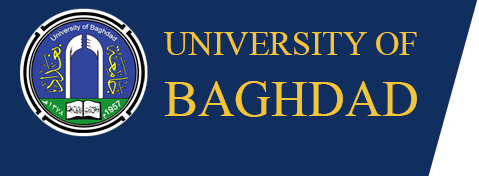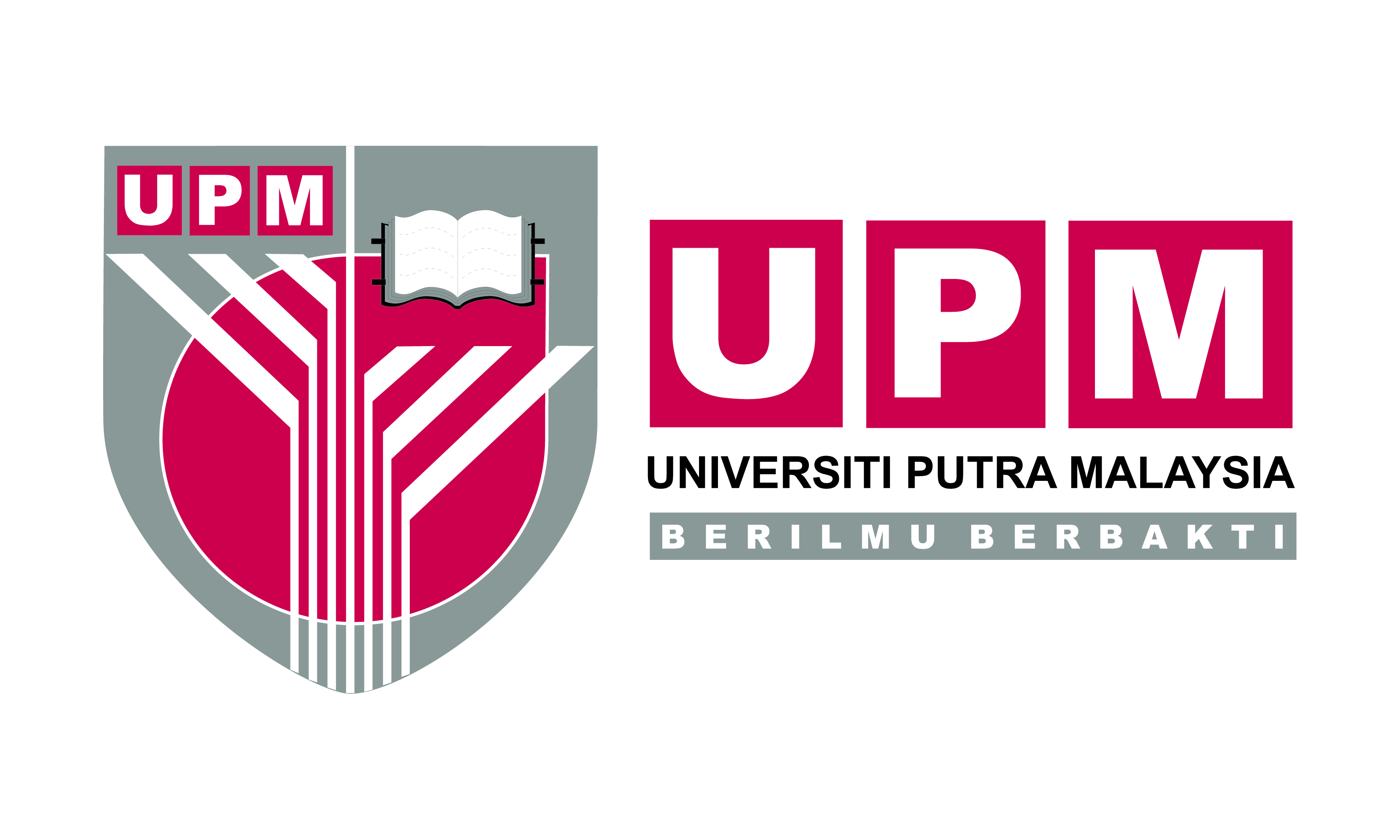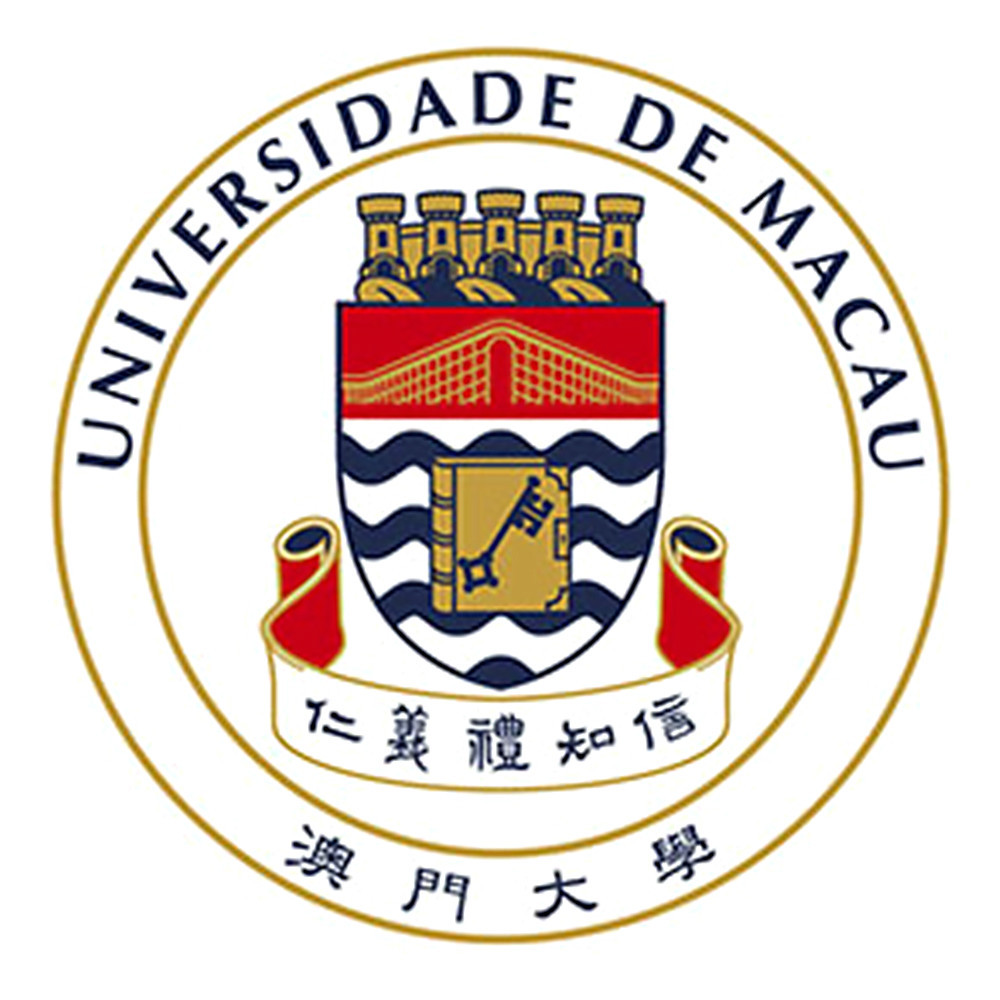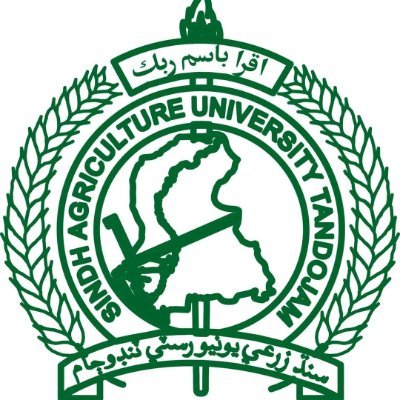Information technology
· Artificial Intelligence Education
· Computer Applications
· Database Technology
· Digital Library
· Image Processing
· Information System Applications (including Internet)
· Intelligent Tutoring System
· Learning Management Systems (LMS)
· Mobile applications and learning
· Software Engineering
· User interface and human-computer interaction
· Virtual Reality and Augmented Reality
· Virtual Classrooms and Labs











